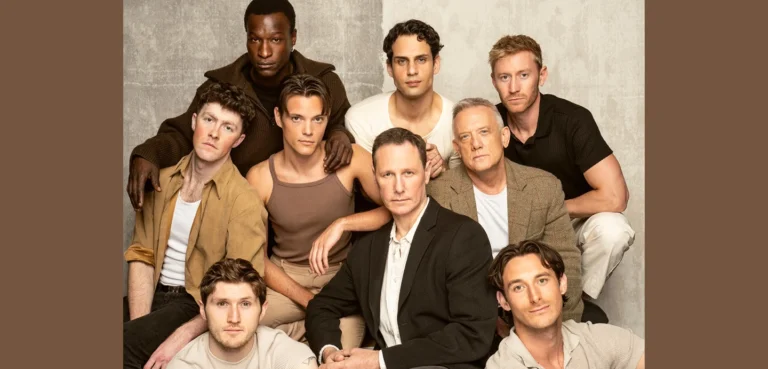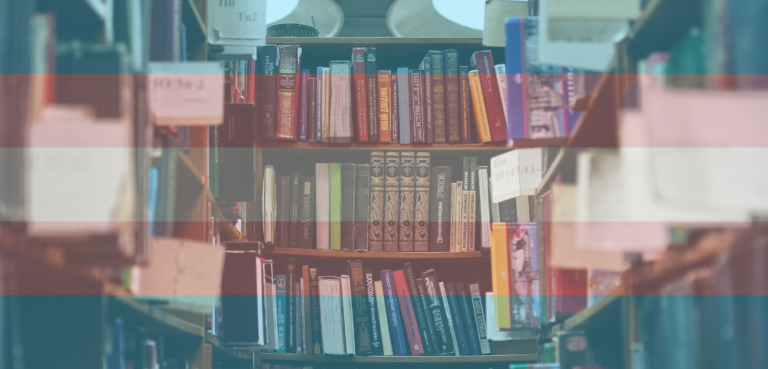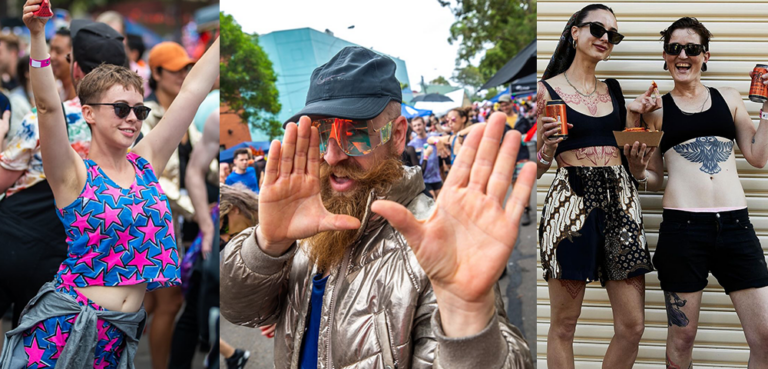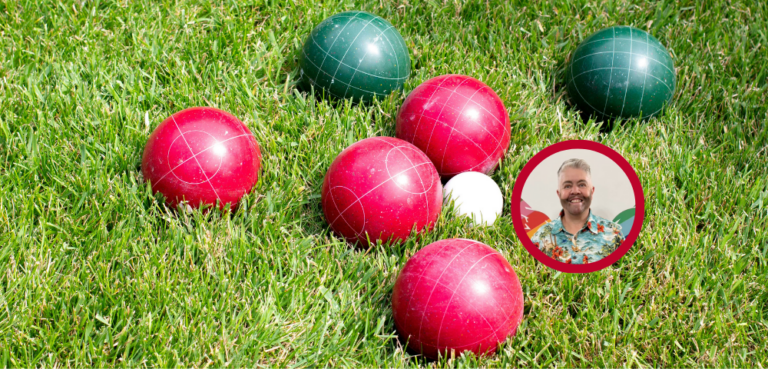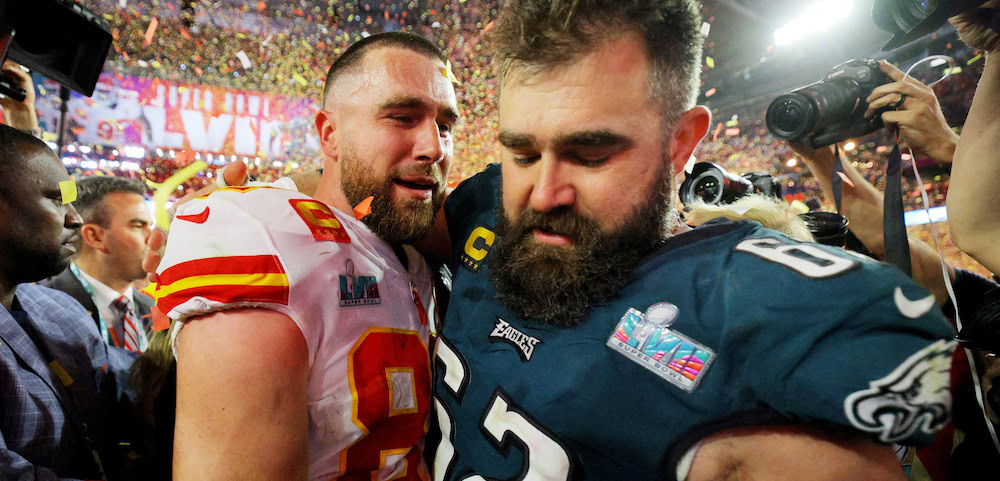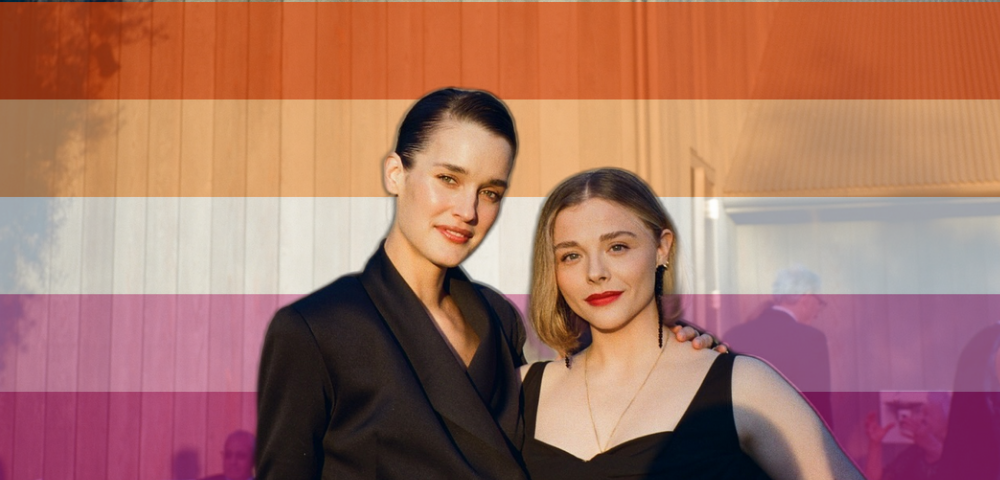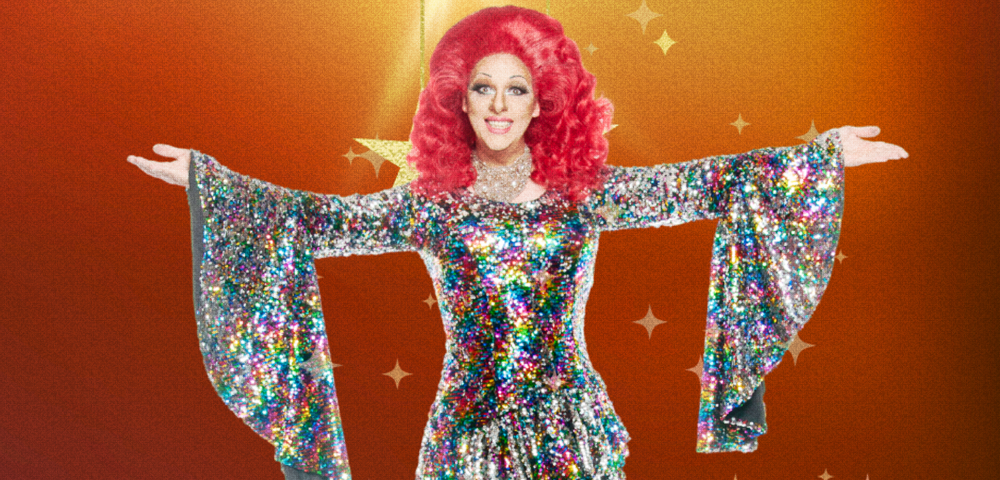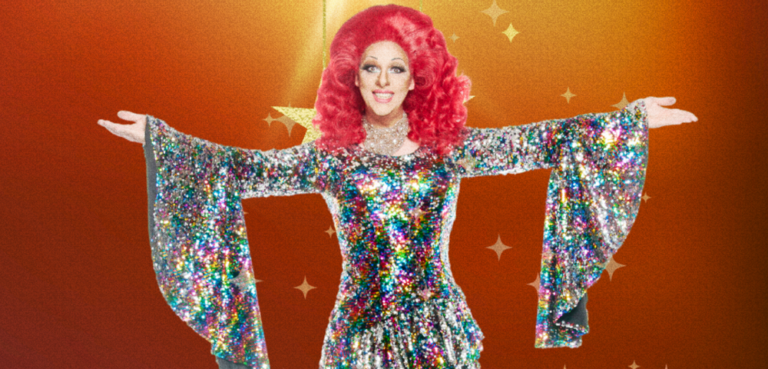
Former Matildas Slam FIFA’s Ban On Rainbow Pride Armbands At 2023 Women’s World Cup
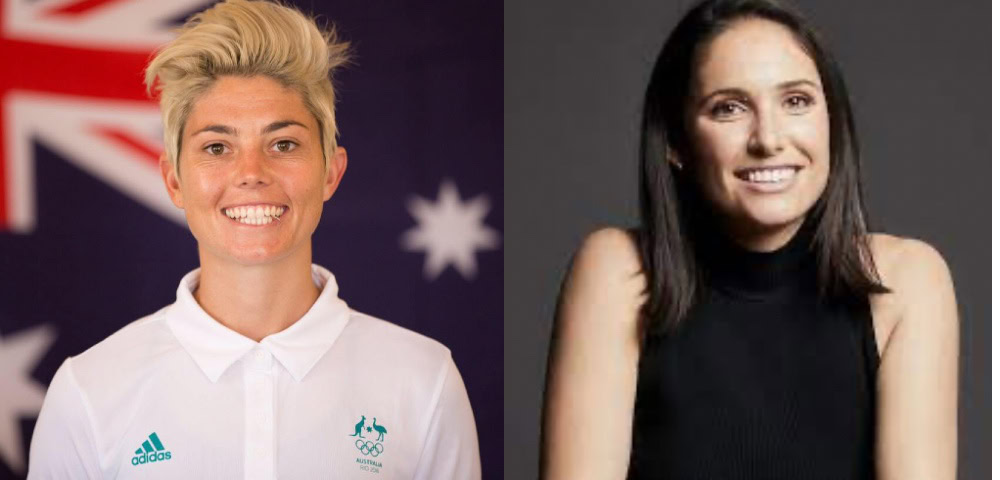
Former Matildas have joined LGBTQI advocacy groups and slammed FIFA’s decision to ban the display of OneLove and other pride armbands at the upcoming 2023 Women’s World Cup.
In an open letter signed by out gay former Matilda Michelle Heyman, the Professional Footballers Association, Pride Cup, Equality Australia, and Stonewall UK have called on FIFA and the sponsors of the 2023 Women’s World Cup to make their support for LGBTQI people, players, customers, and employees unequivocal.
“The players and fans who have built the women’s game, sustaining it over generations, are now being told that their legacies don’t matter. There would be no women’s football without the LGBTIQ+ people who have supported it across the globe,” the open letter said.
There are at least 83 out gay athletes participating in the FIFA Women’s World Cup scheduled to be held in Australia and New Zealand from July 20 – August 20, 2023.
“In a world of growing anti-LGBTIQ+ sentiment, including laws that penalise who we are, FIFA and every organisation associated with the beautiful game,” the letter added.
‘Wearing The Pride Armband Is About Being A Visible Role Model’
Earlier this month, FIFA announced a ban on the OneLove and Rainbow armbands at the World Cup. The organisation instead approved eight armbands with messages like s: Unite for Inclusion, Unite for Indigenous Peoples, Unite for Gender Equality, Unite for Peace, Unite for Education for All, Unite for Zero Hunger, Unite for Ending Violence Against Women, and Football is Joy, Peace, Love, Hope, and Passion.
Former and current players and advocacy groups have criticised the ban, which they said was akin to pushing LGBTQI rights back into the closet.
“For me, wearing the pride rainbow armband is about being a visible role model,” former Matilda Michelle Heyman said in a statement.
“We have so many female footballers who are strong and empowering people and LGBTIQ+ advocates who can use their platform and support the next generation. We did it in the A-Leagues – which is representative of football in Australia and New Zealand, so our players should be able to celebrate that when the biggest show comes to town and everyone’s eyes are on football.”
“To take that opportunity away, when there are millions of people watching our players, is disappointing,” said Heyman.
‘FIFA Is Pushing Pride Back Into The Closet’
Kathryn Gill, Co-Chief Executive of the Professional Footballers Association and former Matilda captain, stressed the players’ right to express solidarity with the LGBTQI community in an authentic way, rather than one defined by FIFA. “Co-opting armbands clearly convey that FIFA’s stance with the LGBTIQ+ community is on their terms, harming those central to the women’s game by denouncing their identity,” Gill said.
Hayley Conway, CEO of Pride Cup Australia, called on all sponsors of the Women’s World Cup to demonstrate their support for LGBTQI individuals and players during this critical time, rather than limiting it to Pride Month when it is easier to do so.
“FIFA is trying to push pride back into the closet. FIFA’s stance on displays supporting LGBTIQ+ rights is completely out of step with women’s football, a game that has survived and thrived through the efforts of queer women globally,” said Conway.
According to Liz Ward, Director of Programmes, Stonewall UK, women’s football had a “long track record of celebrating LGBTQ+ representation at all levels of the game.”
“LGBTQ+ people don’t want to hide behind the word ‘inclusion’ – our communities deserve to be celebrated in all our diversity through a more specific LGBTQ+ armband,” said Ward.
Anna Brown, CEO of Equality Australia, emphasised that in a world where LGBTQI people face threats, pride should not be hidden. This World Cup, players who want to stand with the LGBTIQ+ community should be allowed to show their colours,” said Brown.
